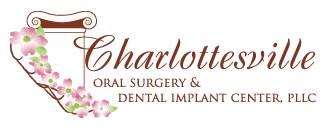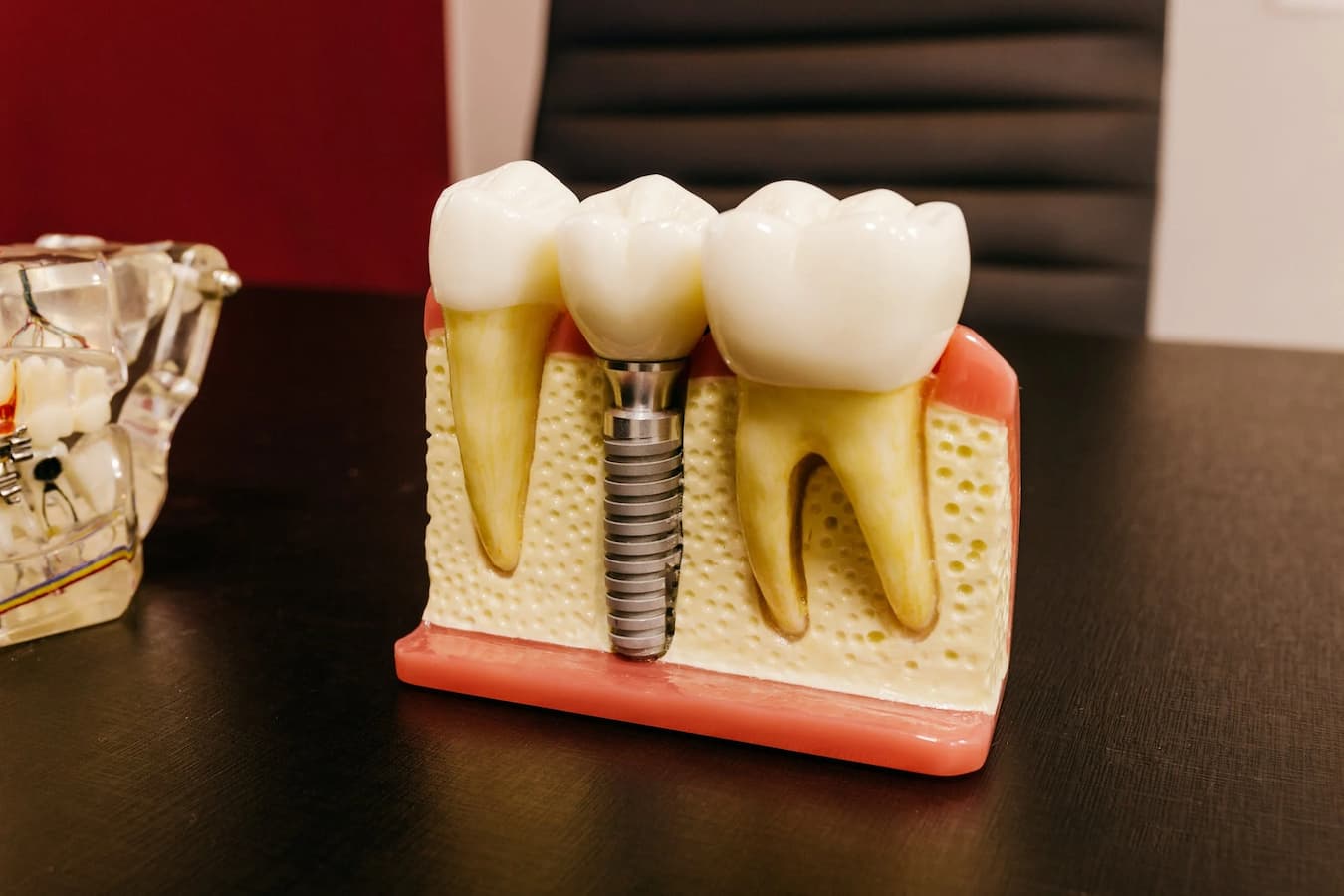Do not disturb the wound. Avoid rinsing, spitting, or touching the wound on the day of surgery. There may be a metal healing abutment protruding through the gingival (gum) tissue.
Bleeding
Some bleeding or redness in the saliva is normal for 24 hours. Excessive bleeding (your mouth fills up rapidly with blood) can be controlled by biting on a gauze pad placed directly on the bleeding wound for 30 minutes. If bleeding continues, please call for further instructions.
Swelling
The swelling that is normally expected is usually proportional to the surgery involved. Swelling around the mouth, cheeks, eyes and sides of the face is not uncommon. This is the body’s normal reaction to surgery and eventual repair. The swelling will not become apparent until the day following surgery and will not reach its maximum until two to three days post-operatively. However, the swelling may be minimized by the immediate use of ice packs. Two plastic bags filled with ice, or ice packs should be applied to the sides of the face where surgery was performed. The ice packs should be left on continuously while you are awake. After 24 hours, ice has no beneficial effect. If swelling or jaw stiffness has persisted for several days, there is no cause for alarm. This is a normal reaction to surgery. Twenty-Four hours following surgery, the application of moist heat to the sides of the face is beneficial in reducing the size of the swelling.

